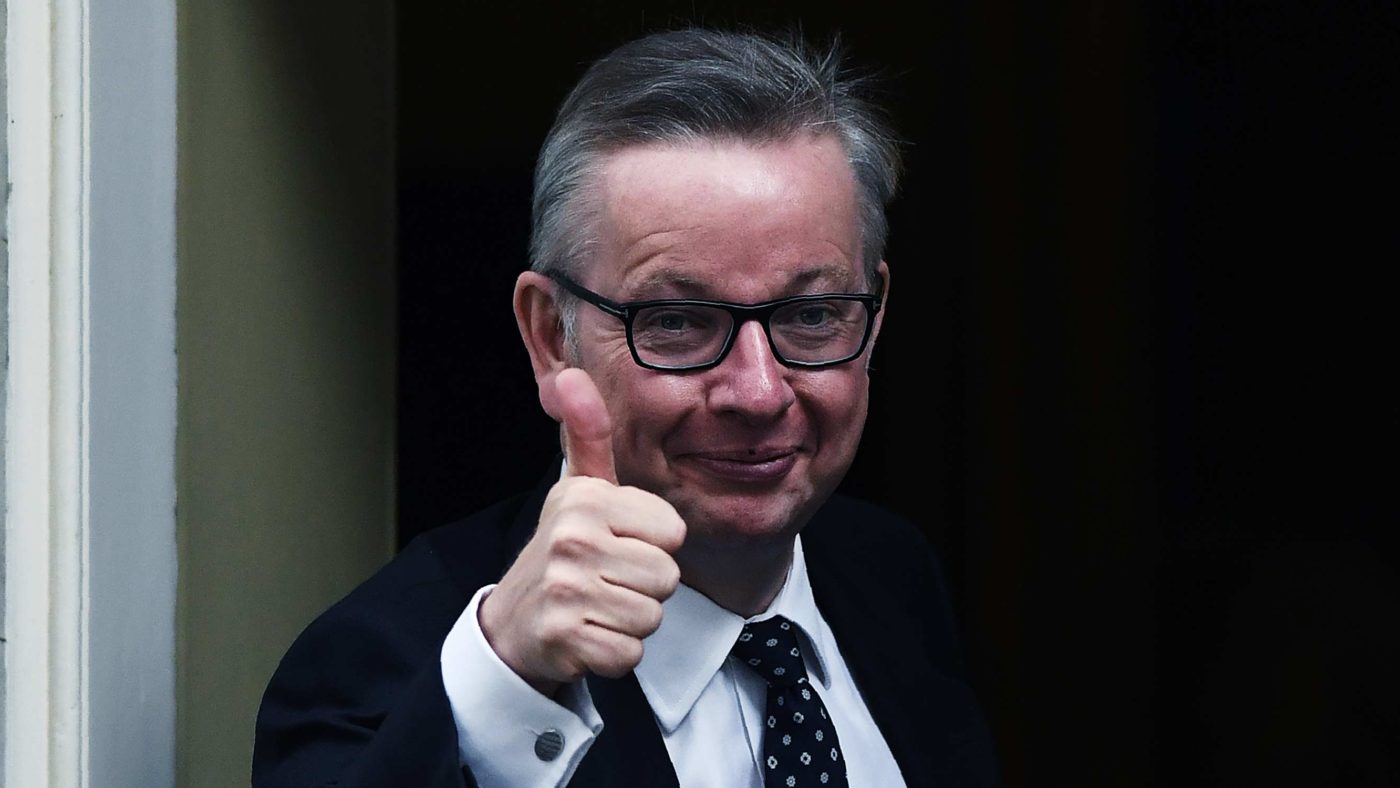Theresa May’s government is under pressure on many fronts. Across the floor of the Commons sit her most obvious and implacable foes – the hard left and outright Marxist socialists of Jeremy Corbyn’s team. It has been four decades since Conservatives faced such wrenching, existential horror at the prospects awaiting their supporters and the country as a whole in the event a general election is lost. Healthy democratic politics depends upon each side being able to accept that life will go on – perhaps not optimally, but not too fundamentally different from before – if they lose. Conservatives do not feel that way about Jeremy Corbyn.
This sense that democratic defeat is unacceptable and intolerable is already felt by the hardcore of continuity Remainers, still clinging to the last vestiges of hope that we might somehow remain within the EU, if not formally, then at least in substance. And if even that is denied them, then in their minds, the overwhelming imperative is to minimise the damage (to the limited extent that is possible) through the deal we cut in the Brexit negotiations.
The Government has allowed the Brexit negotiations to become the defining issue in British politics — as if we had voted to leave the EU in order to have a deal with the EU, and the “success” of Brexit (whatever that means – the only way Brexit could “fail” is by not happening) depends on getting a “good deal” with the EU now.
Since those negotiations are currently bogged down, the woe and shame of the vocal continuity Remainers is all-consuming. David Davis talks a breezy, optimistic game (as he should), but in truth it’s hard to see how the Brexit deadlock can be broken in December as many commentators have been assuming it would be.
The UK has no room for manoeuvre on accepting ECJ jurisdiction or on agreeing the UK owes the EU tens of billions more money. Both claims are outlandish and unacceptable, and if she attempted to accede to them, the last of May’s tenuous grip on power would slip and the EU might well face a UK Prime Minister who had given up on hopes of a deal altogether.
So the EU will have to give way if talks with May’s government are to proceed. But how can it? It has boxed itself in so tightly that to give way now would be embarrassing to say the least. Issues such as Catalonia – with the Catalan Elections coming a few days after the European Council at which the decision of whether Brexit talks should proceed to the next stage – make that even harder.
Internally, May’s position is chaotic on a scale not witnessed for decades. She has lost two Cabinet ministers in a week, on unrelated matters, is at serious risk of losing three more (Green, Leadsom and Boris), and was believed to be on the point of firing another (Hammond). Such widespread, systematic chaos can ultimately only come down to the boss. In 2016, quite a lot of influential Conservatives were of the view it should be “anyone but May”. (Arguably the only thing stronger and more compelling than the “Anyone but May” argument was the “Anyone but Leadsom” argument.) Events since then must have left many such struggling with a large dose of schadenfreude.
If we think about the list of Conservative leadership candidates in 2016, it is something of a rogue’s gallery: Theresa May, Andrea Leadsom, Stephen Crabb, Liam Fox, Michael Gove and not Boris Johnson.
Of these, Michael Gove, in particular, is looking like he might not have been such a bad option after all. If May were to trip and fall on her sword any time soon, Gove might not want to run (after his lacerating experience last time), but he would face strong pressure to do so from those who doubt other candidates such as David Davis, Amber Rudd or Sajid Javid really have the calibre or beliefs required.
With Jeremy Corbyn and John McDonnell waiting in the wings, for many Conservatives the question may soon be: “If it comes to it, whom will you be proud to go down with, leading you?” Gove versus the others looks like something of a no-brainer, when you put it in those terms.
If May does want to survive, she will need a full Augean-stables-style cleanout to make even her purge-of-the-Cameroons first administration seen like a minor course correction. But does she really have the appetite for that, or has she reached the stage where she’s simply managing things through til tomorrow, pending that merciful day when tomorrow doesn’t come?
Whatever happens to May, it still seems very unlikely that we will see a general election. The DUP is not going to bring May down unless she tries to backslide seriously on Northern Ireland’s post-Brexit status. Conservatives are not going to vote for a general election while Corbyn leads in the polls, no matter how discontented they are with the leader. And the Fixed Term Parliament Act still sits on the books. So even if May is replaced, whoever came next would still face the many challenges of the situation – though the right person would at least be doing it with a modicum of élan.


